Before exploring this subject, think about the following...
You have enough money to travel.
Are you ready to get out and start your trip?
What are your plans?

Once we decide to travel, we usually search for information about the place, accommodation, transportation, typical food... We can read travel blogs or guidebooks but…

…we can also ask locals on forums or social networks.
In this section, you will learn how to ask and give suggestions for travelling.
You will do the following activities:
• Learn the grammatical form to express correct and incorrect ideas in affirmative, negative and interrogative form.
• Read some tips about travelling around London.
• Listen to some tips for travelling to other countries.
• Write some posts asking and giving recommendations to travel.
• Record a voice message giving suggestions to buy souvenirs.

By the end of this topic you will:
Use the modal auxiliary should in affirmative, negative and interrogative sentences to make basic suggestions and ask for advice to strangers about events, daily and cultural activities in other countries.
The modal auxiliaries are words used to express: possibilities, permission, abilities, obligation, recommendation, etc. Their main characteristics are:
Click on each tab to visualise this.
Should is used to give suggestions, advice, recommendations or to express what we think is right or wrong.
Use "should" when something is a good idea for you to do. Buena idea
Use: “should not/ shouldn’t” when something is a bad idea for you to do.
To ask for advice, we have two types of questions:
1. WH - questions (open questions).
2. Yes/No questions.
We will now study the construction of affirmative, negative, and interrogative sentences using the modal auxiliary should. Click on each tab to visualise the form of these sentences.
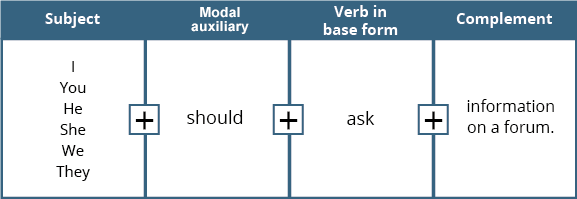
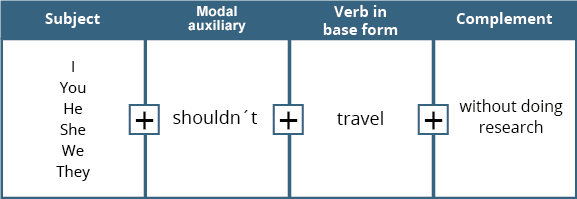
YES/NO questions
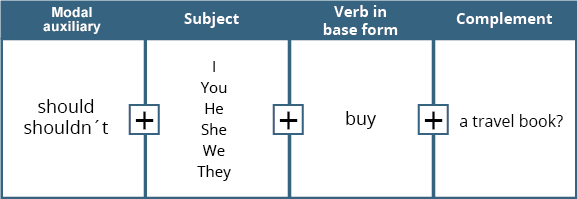
Wh.. questions

It is important that you identify the pronunciation of the modal auxiliary should because it has unique characteristics. Click on the audio.
Pronunciation of should and shouldn´t
Activity 1
As reviewed, we use the modal should to ask for advice. For example, when we plan a trip.
Do you seek advice in the forums when you plan your trips?
Joshua wants to travel to London. He wrote his questions on a travelling forum. Read some posts that answer his questions. What suggestions did he receive?
Hello everyone, I’m travelling to London next summer, but it will be my first time in Europe.
Hi, Joshua!
You will love London. Going around the city by public transportation is easy. If you stay in London for a few days, you should get the ‘Oyster Card’ to pay the Tube and the bus.
Hello, Joshua!
To get an overview of the city, you should take a walking tour. There are many types of tours around some pubs, and landmarks. If you like literature and detective stories, you should take the Jack The Ripper Walking Tour.
Hi there!
If you want to experience how cosmopolitan London is, you should visit Candem Town. There are many cool and weird shops, and you can eat food from different countries. You should spend some money on eccentric artworks.
Joshua,
Mike mentioned Candem Town, so if you plan to buy souvenirs, you should buy them there. They are very cheap and unique. You shouldn’t purchase alarm clocks or any souvenir made in China because they are poor quality. In case you want some food, you should check out the Borough Market, it is the best place to buy items like craft beers and truffle honey.
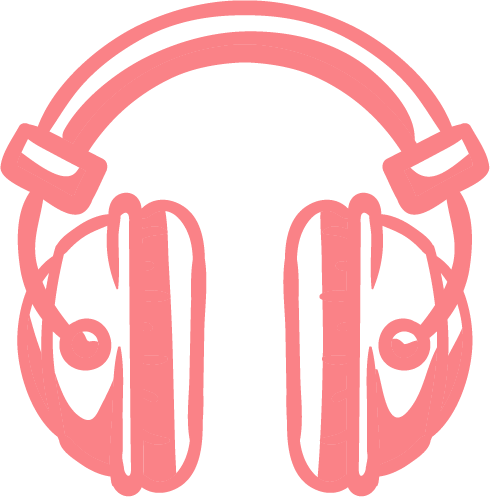
Activity 2
In conclusion, remember that the modal auxiliary should is an excellent tool to give and ask for advice.
Listen to the next audio in which 3 friends talk about a trip, then choose the appropriate answer to every question.
What should I do in Europe?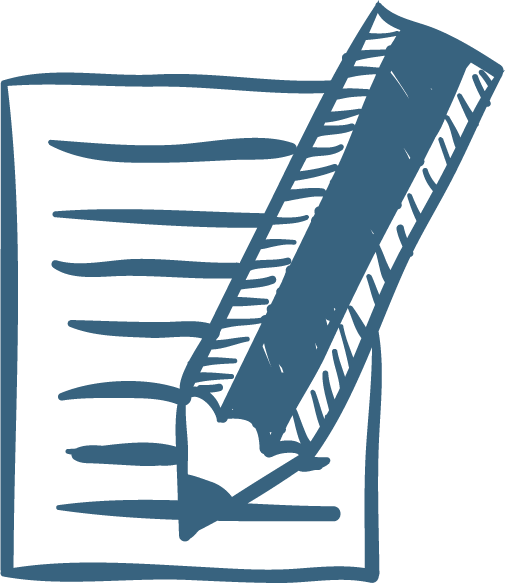
Activity 3
Do you remember the post where Joshua asked for advice to travel to London?
Did you notice the use of the modal auxiliary should in the requests and suggestions he got?
In this activity you will write a post similar to the one Joshua wrote, follow the instructions:
Before starting look at the example.
Hello
I’m going on a trip to Zacatecas soon, and I do not know anything about that city. I need to know what to do, where and how.
What should I do there?
Liz
Hey there! I am from Zacatecas, and you should know that in the winter it is cold. You should definitely take a warm coat and gloves.
You shouldn’t lose the opportunity to get a ride on the railway, which joins Cerro de la Bufa with Cerro del Grillo. It offers a great view of the city.
When you finish, use the rubrics to get your score.

Activity 4
Continuing with the topic of travelling tips, remember that the modal should let us express them and request them adequately.
In the following activity, your Japanese friend is visiting your country. He sent you a voice message saying that he wants to buy souvenirs for his/her mother.
Send him a voice message back and tell him/her your suggestions. Your message should last from 2 to 3 minutes answering the following questions:
Click here to listen to an example.
First, write in a word document your answers. Now record your text in the free application vocaroo.com Once the recording is finished, listen to it carefully. Please try to pronounce the modal should correctly.
When you finish your recording, asses your recording using the following rubrics.
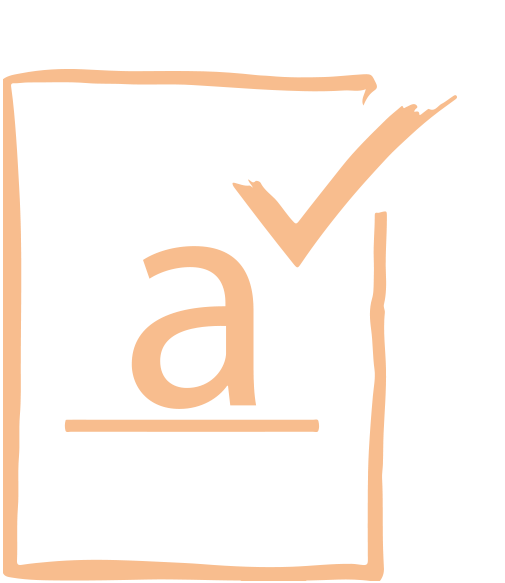
Do you remember how to use the modal auxiliary should? In this topic, we checked the use of should in affirmative, negative and interrogative questions to give and ask for suggestions.
• Murphy, R. (2007). Essential Grammar in Use. Cambridge University Press
• Eclectic English (2004). Should and Shouldn't. Section Grammar Reference and Practice Exercises. Eclectic English. Consulted on January 10, 2017 from https://bit.ly/2lS4A6w
• Oxford University Press (2016). Should / Shouldn’t. Section Level 3. Consulted on January 12, 2017 https://bit.ly/2mfJZtc
• EnglishExercises.org (n/y). Should and shouldn’t: giving advice. Section Sickness exercises. Consulted on January 9, 2017 https://bit.ly/2kUtEu4